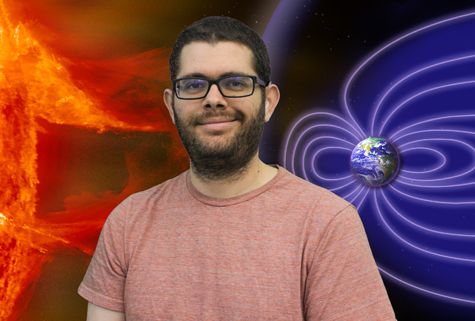Early Career Scientist Spotlight
Dr. Christopher Bard (he/him)
Magnetosphere Scientist
Geospace Physics Laboratory (673)
What is your research focus?
My research focus is on developing advanced tools and algorithms to study space plasmas, especially those in the Earth’s magnetosphere. One of the main questions that I study is how the Earth’s magnetic environment responds to changes in the solar wind, and how this affects the overall structure of the magnetic field, electron transport, and resulting changes in the Earth’s aurora. To study this, I have developed a magnetosphere code that uses graphics processing units to run faster and am currently working on adding more physics equations so that we can investigate how the aurora connects to dynamics happening in the magnetosphere.
The other main topic I study is how we can use machine learning and similar techniques to enhance the value of our data and models. Though we have lots of data from space missions (like NASA’s Magnetosphere Multiscale Mission), Earth’s magnetosphere has a ton more data that we are not seeing! Large-scale plasma simulations help, but I am looking into how we can use other advanced algorithms to help us recreate and learn about what we do not see.
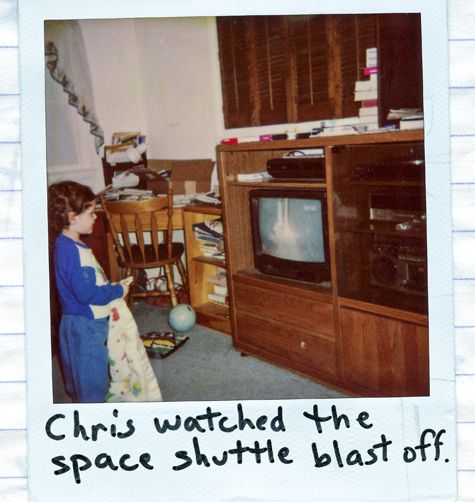
Credit: Chris Bard
How did you end up working at NASA Goddard?
I have been working on modeling space plasmas since I was at the University of Delaware, where I was an undergraduate researcher working with Prof. Mike Shay. Another professor at Delaware, Prof. Dermott Mullan, encouraged me to apply for a summer internship at NASA Goddard. Through both his and Dr. Shay’s recommendations, I started working on a project with Dr. John Dorelli (NASA Goddard) to use graphics processing units to make plasma simulations run faster. This project became the basis for a NASA graduate research fellowship and, later, a NASA Postdoctoral Program (NPP) position at Goddard. Today, I am now a civil servant in the Geospace Lab at Goddard, where one of my projects involves working with a descendant of that very first code!
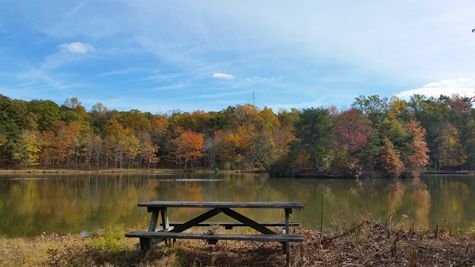
Credit: Chris Bard
Tell us about one project that has been particularly impactful in your field.
I have been working with the Center for HelioAnalytics (CfHA) at Goddard for the past several years, supporting the burgeoning field of data analytics and machine learning within the Heliophysics community. One of my papers looks at using neural networks to recreate one-dimensional physical systems using small data samples ( https://github.com/nasa/1d-pinn-reconstruction). This, when scaled up to three dimensions, will eventually help us take satellite data and recreate the space plasma environments that they fly through.
It has been exciting to be part of this new field and to help shepherd (along with many others!) the community by developing and adopting open science principles and encouraging open source code release. I am looking forward to seeing what will happen in the next few years!
Did you always know that you wanted to be a magnetospheric scientist?
Nope! I always liked numbers and computers growing up, so I was interested in subjects that used both in their work. In college, I majored in both physics/astronomy and economics (specifically econometrics), since both fields use numbers to study the real world. However, I settled on astronomy for a career because even though both people and nature are difficult to understand, at least nature doesn’t change its mind!
In grad school, I studied plasmas in both Earth’s magnetosphere and around massive stars, so I applied for jobs in both astronomy and geospace research. I was fortunate to get a post-doc position in Goddard’s Heliophysics Division, so I continued in the geospace field.
What skills are most useful to you in your work, and where did you develop those skills?
Since most of my research involves developing computer algorithms, my programming, debugging, and literature search skills are the most useful in my work. Unfortunately, I never had formal training in programming during graduate school, so I am mostly self-taught through trial, error, and Google-fu.
I would say that the most important “skill” in my career has been (and will be!) perseverance. Science is mostly failure, so it is very important to keep walking every day even if you do not go far. Eventually, you will come across something interesting and useful!
Where do you see yourself in the near future?
I have been fortunate to obtain a civil servant position here at Goddard, so I anticipate staying here! Of course, no one can ever know what life has in store for each of us, so I will just enjoy my time here moment by moment.
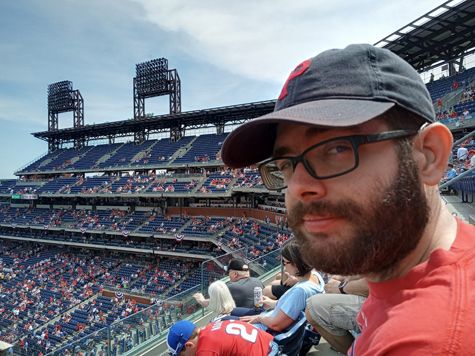
Credit: Chris Bard
What do you like to do in your free time?
My fiancée and I love to go for walks and do urban hiking. We will often spend hours walking and exploring the different neighborhoods of DC, sometimes taking the metro out somewhere and walking back home! I also enjoy watching sports, playing trivia, and hanging out with friends.
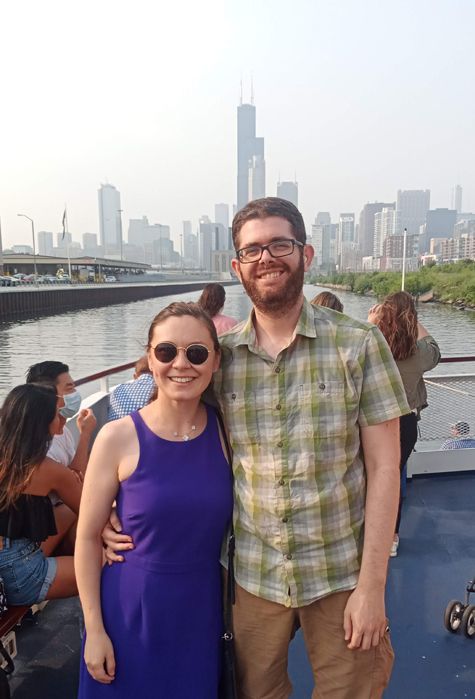
Credit: Chris Bard
Biography
Home Town:
Wilmington, DE
Undergraduate Degree:
B.S. Physics, B.S. Economics, University of Delaware, Newark, DE
Post-graduate Degrees:
Ph.D. in Astrophysics, University of Wisconsin, Madison, WI
